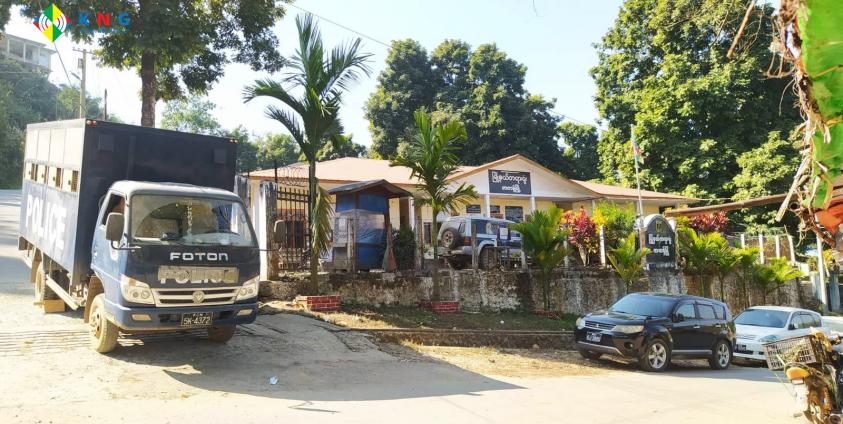Following the fatal shooting of the administrative officer of Longhkin village tract in Hpakant Township of Kachin State, the remaining administrative officers, who play a crucial role in the region's governance, are now making preparations to submit their resignations, locals said.
U Kyaw Swe, the administrative officer of Longhkin village tract, was shot dead on June 9th. The incident had a profound impact, prompting swift action from the administrative officers in the area. Just days after the assassination, U Maung Gyi, the Myoma administrative officer, submitted a resignation letter to the Hpakant Township Administration Department under the Military Council.
Furthermore, a considerable number of administrative officers at the village and community levels are currently contemplating resignations in response to the incident, a Hpakant resident told KNG.
"The resignation letter of the administrative officer of Myoma has been officially submitted. While other village and community-level administrative officers, as well as temporary administrators, have not yet tendered their resignations, they are actively preparing to do so. In the aftermath of the killing , the prevailing concern over their security has left nearly all administrative officers in Hpakant Township apprehensive and seriously contemplating the prospect of resigning”, he said.
The administrative system of Hpakant Township relies heavily on the functioning of five downtown wards: Myoma, Ayemyatharyar, Hngetpyawtaw, Mashikatong, and Hmawwan. The township has witnessed the loss of some administrative officers in the past. The recent assassination of U Kyaw Swe has further exacerbated the situation, leading to an impending wave of resignations which will pose a significant threat to the continuity of the entire administrative system in the township, the source added.
Current administrative officers in Hpakant were appointed during the reign of the previous government, primarily driven by the needs of the people in their respective villages and communities.
Following the coup staged by the Military Council, a number of administrative officers made the difficult decision to resign from their positions. Some chose to do so out of their refusal to serve under the Junta, while others faced warnings and criticism from individuals opposing the dictatorial regime. Meanwhile, a portion of the administrative officers decided to continue their service despite the challenging circumstances.
There is a belief among some locals in Hpakant that the attacks directed at administrative officers could potentially be part of a larger strategy aimed at destabilizing and ultimately overthrowing the administrative mechanism put in place by the Military Council.
"Administrative officers serve as vital pillars within the administrative system of the Military Council, making them natural targets for the resistance forces. Nevertheless, it remains puzzling to comprehend the motivations behind these assassinations, considering the significant limitations imposed on the powers of administrative officers in recent times”, one told KNG.
In the aftermath of the coup, several notable assassinations have occurred, claiming the lives of not only U Kyaw Swe but also U Tan Bao La Sai, the administrative officer of Seikmu, U Tun Myint Aung, the administrative officer of Mashikatong, and U Myint Aung, the administrative officer of Sankywe.
In Hpakant, the military tensions between the Military Council and armed resistance forces have reached a critical level, resulting in a distressing average of 3 to 5 civilian fatalities per day due to the ongoing conflict.







